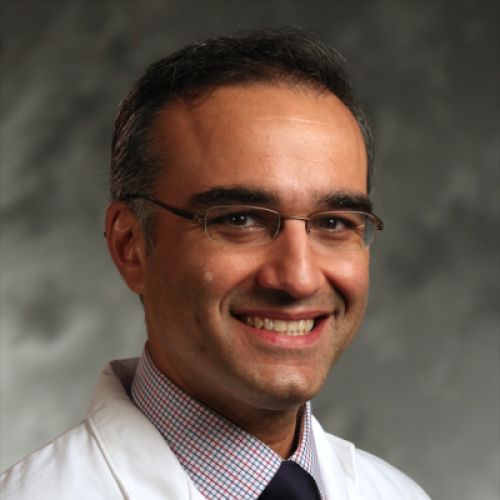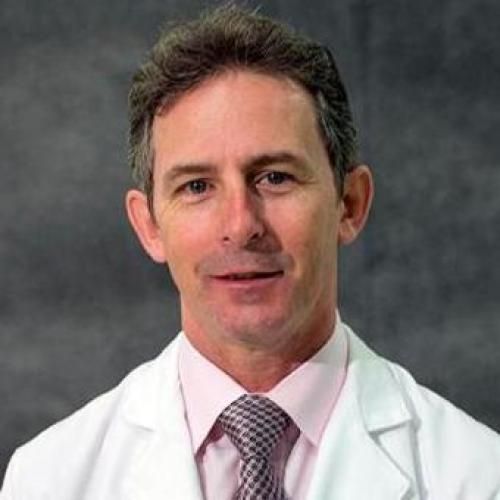
Surgical capacity building in Uganda through twinning, technology, and training camps.
BACKGROUND: Neurosurgical capacity is extremely deficient in East African countries where 27 neurosurgeons serve more than 250 million people. To build capacity, the Duke University Medical Center and New Mulago Hospital in Uganda applied a two-pronged twinning approach that placed usable surplus equipment in a developing country's National Hospital, combined with dedicated comprehensive surgical training camps. METHODS: Neurosurgery, anesthesiology, nursing, and clinical engineering personnel supported three training camps. More than 21 tons of essential equipment was delivered to New Mulago Hospital in Uganda. Data was collected during the 2-year period preceding and following the initiation of the program. RESULTS: During the 2 years after the program began, neurosurgery demonstrated a significant increase (180%) in the number and complexity of cases performed (p<0.0001). Multiple cases performed in a single day increased eightfold (p<0.0001), with utilization of elective operating room days improving from 43 to 98%. There was no change in the number of hospital admissions over the 4 years (p>0.1), but there was a dramatic increase in the overall number of procedures performed by all surgical specialties (106%, p<0.0001). CONCLUSIONS: Through a twinning program combining delivery of surplus equipment and training camps, capacity building was accomplished and maintained. The program not only built overall surgical capacity, it improved the efficiency and increased the complexity of operative cases performed at the National Hospital in Uganda. This program could serve as a model for twinning, capacity building, and training in other developing countries where surgical disparities are among the greatest.
Duke Scholars
Altmetric Attention Stats
Dimensions Citation Stats
Published In
DOI
EISSN
Publication Date
Volume
Issue
Start / End Page
Location
Related Subject Headings
- Uganda
- Teaching
- Surgical Procedures, Operative
- Surgery
- Operating Rooms
- Neurosurgery
- Male
- International Educational Exchange
- Inservice Training
- Humans
Citation

Published In
DOI
EISSN
Publication Date
Volume
Issue
Start / End Page
Location
Related Subject Headings
- Uganda
- Teaching
- Surgical Procedures, Operative
- Surgery
- Operating Rooms
- Neurosurgery
- Male
- International Educational Exchange
- Inservice Training
- Humans





